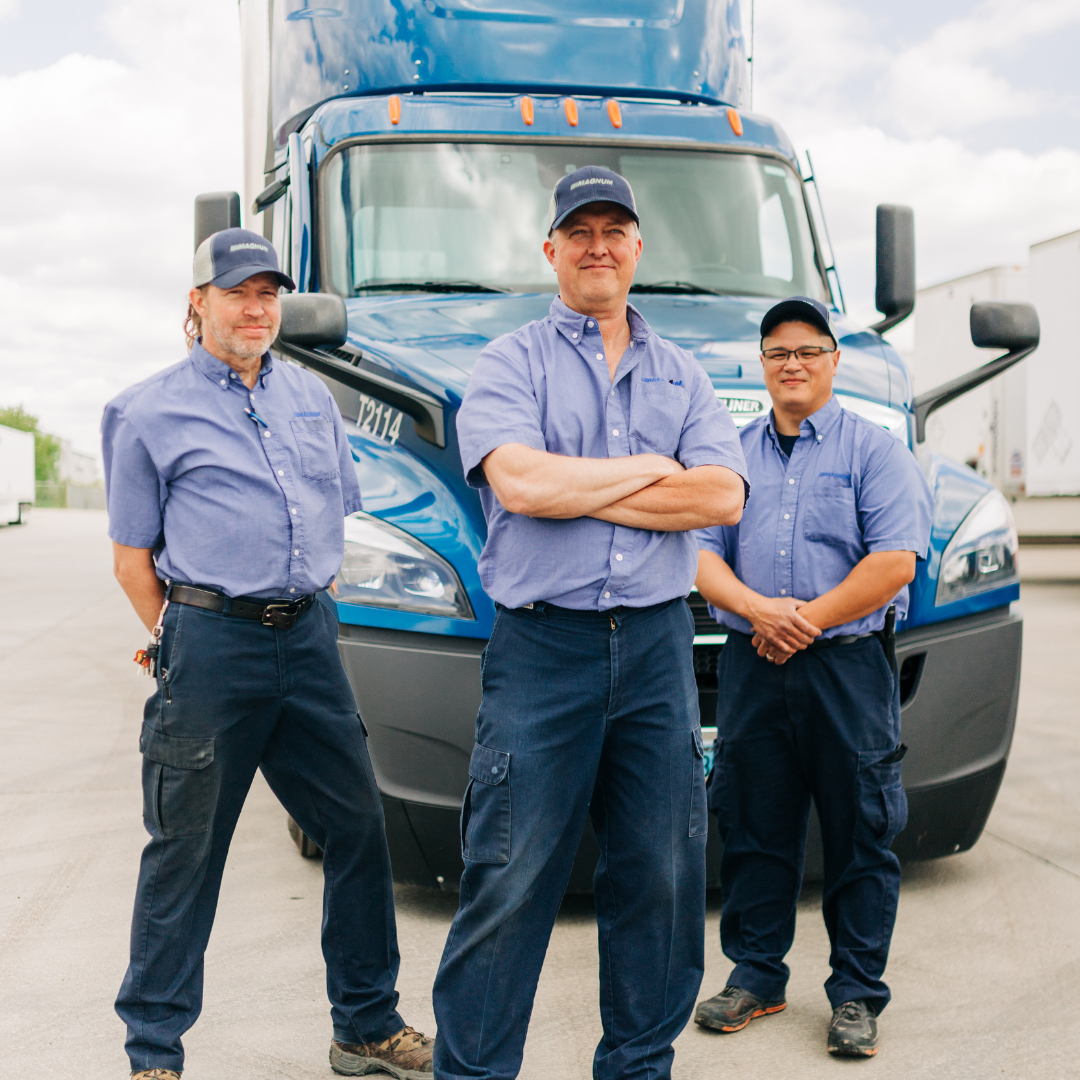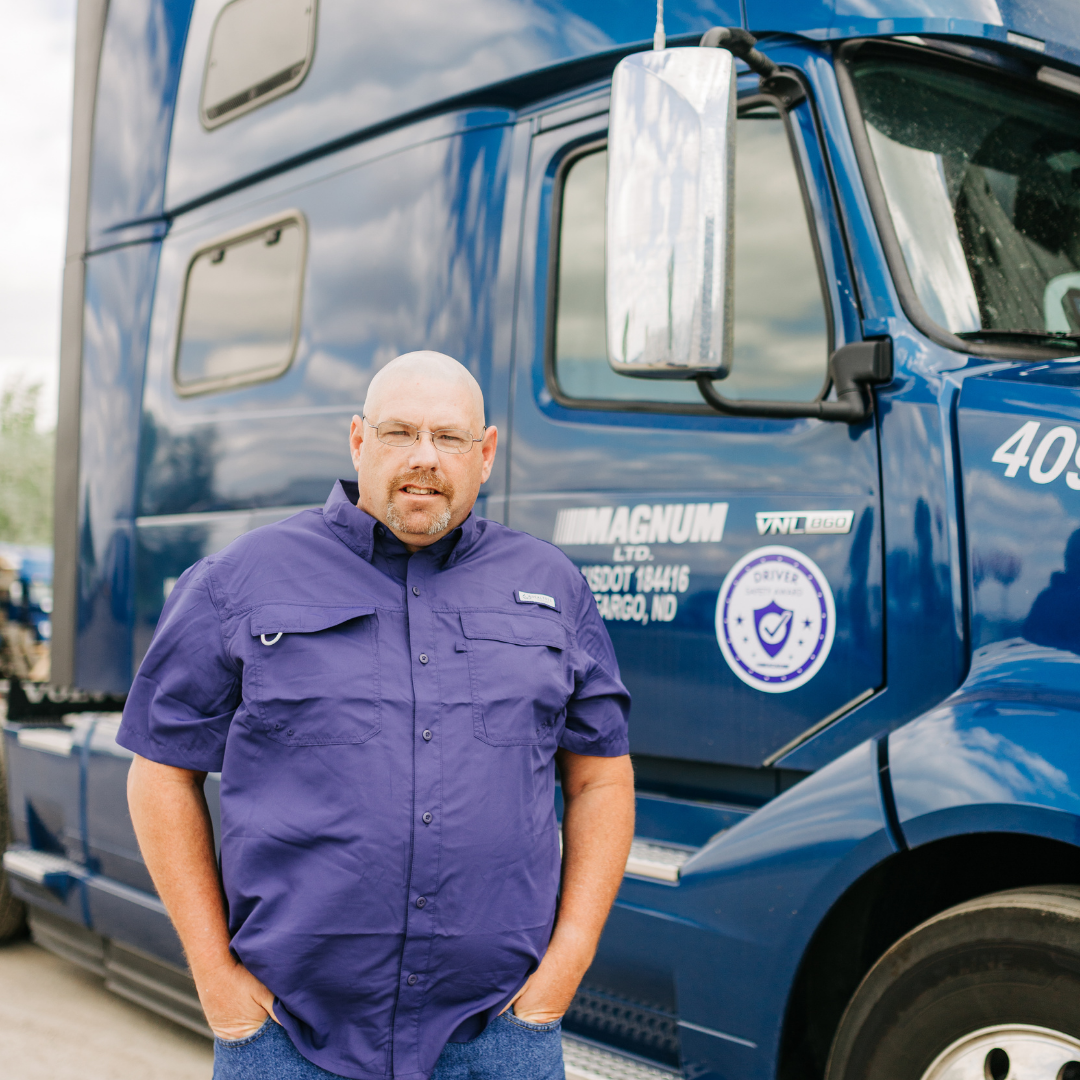Seven Forklift Safety Tips
In honor of National Forklift Day, we’ve curated seven crucial safety tips to keep you safe while running a forklift.Forklifts can be complex machines and according to The Occupational Safety and Health Administration, about 34,900 forklift accidents result in injuries, with about 85 fatal accidents per year. Forklifts are different than most motor vehicles because it requires additional experience because its model makes it less stable and considerably heavy than cars. Because Forklifts are built differently they are more prone to tip over and harder to steer. Rear-wheel steering also causes forklifts to have a wider turn range when turning, so its important to be fully aware how to manage and operate a forklift before using one, which is where we come in handy with seven tips to help you stay safe.
1. Keep Within the Set Limit or a Reasonable Safe Speed
This type of machinery can reach speeds up to 18 mph so considering this its important to set a specific speed limit in your place of work and abide by the speed limit. Forklifts can easily tip if brought to a sudden stop or even navigating too quickly around a corner. Setting a safe speed and always watching your surroundings can help create a safe work environment while operating a forklift.
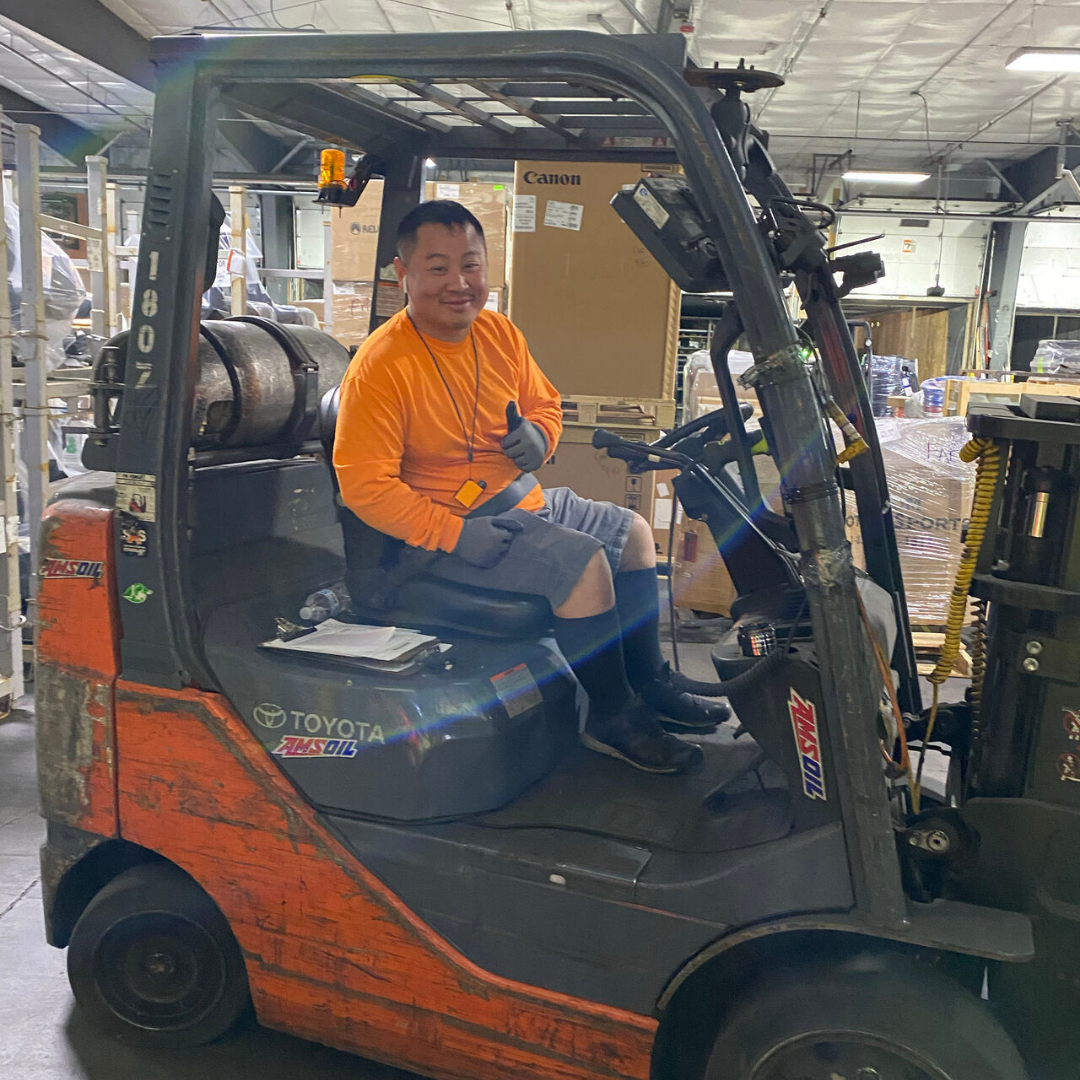
2. Make Sure the Load is Balanced, and on a Proper Pallet
Its crucial to start with the forks as wide apart as possible to fit the load. By doing this it will help distribute the weight evenly and prevent the load from tipping off one side or the other. Its also important to make sure the forks of the forklift are level before loading. Next its important to make sure the pallet that will contain the load or is containing the load is in proper condition. The load is only as sound as the base its placed on, if the pallet isn’t in good condition its imperative to find a replacement to ensure safety for the load and you as the operator.
3. Watch For Obstructions, Including Those Overhead
As a forklift operator it is beneficial to keep the load at a reasonable height so you can operate the machine safely. Additionally, the stability of a forklift decreases as a load is raised, and its also vital to never drive with the forks raised, by keeping them just clear of the ground, and tilted slightly back is the proper way to navigate a forklift without a load. Furthermore watching for those overhead obstructions can also prevent the load or an object from falling back onto the operator, preventing further injury.
4. Avoid Abrupt Stops
Using extra caution and paying critical attention to your surroundings can prevent a sudden and abrupt halt. In fact sudden abrupt stops on forklifts can cause the machine to spill the load or even to topple over. Taking extra precautions to your surroundings can prevent any further accidents while operating a forklift, keeping you and the load as safe as possible.
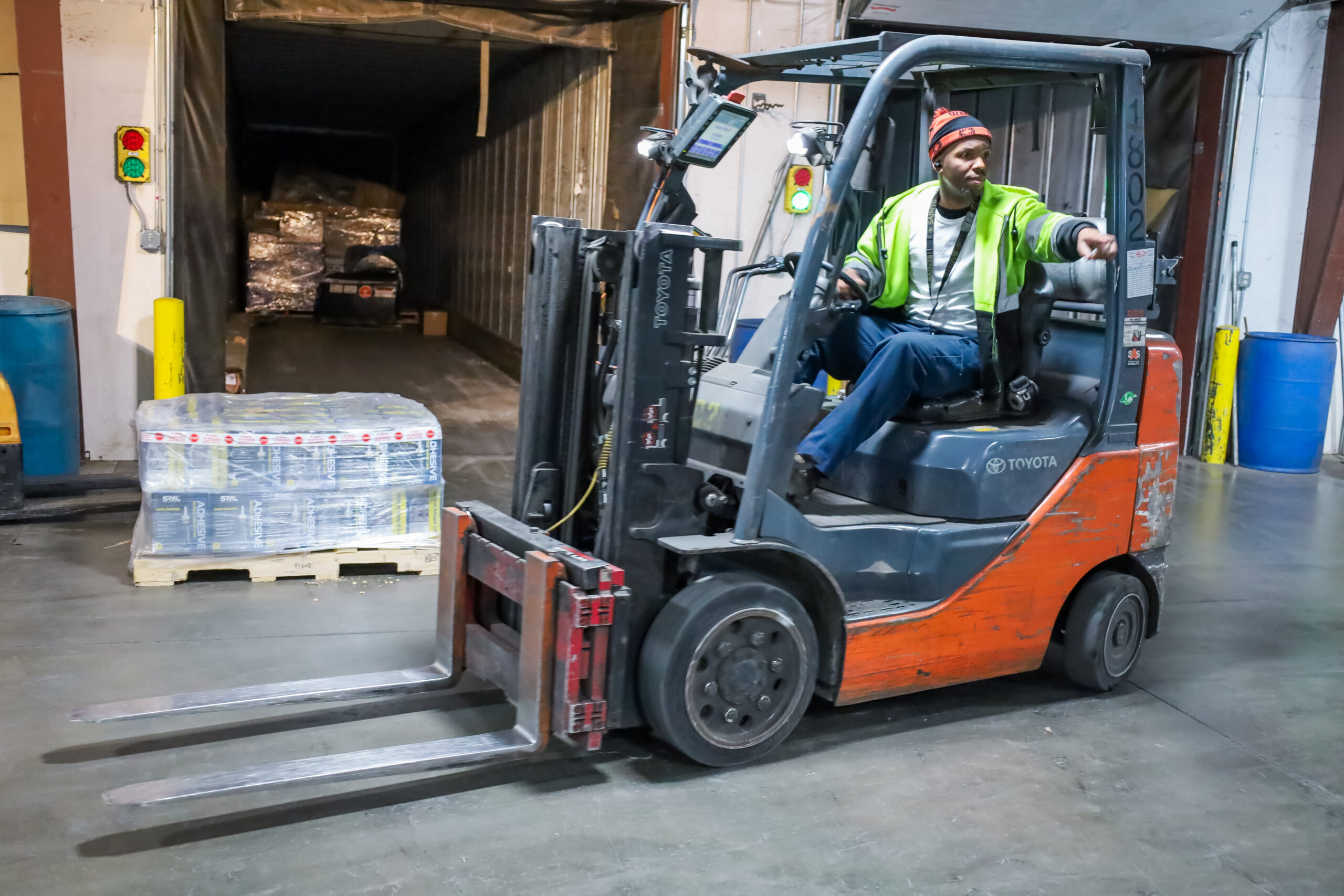
5. Stay Alert on Floor Conditions
Concrete floors can quickly become dangerous as a forklift operator, especially if they are wet due to spills or chemicals. Slick concrete floors reduce the friction of the tire surface with the ground, therefore it will impact the amount of stopping distance needed to come to a complete halt as well as create steering issues. Thus, its important to keep your eyes always searching for possible hazards when operating forklift.
6. Watch For Pedestrians
Typically, in a warehouse there are authorized safe pedestrian zones, and most pedestrians should know to stay at least 4 feet away from a forklift that is being operated in. However, this isn’t always the case so as the operator its practical to keep your eyes peeled for pedestrians so as to avoid an accident or injury while on the job.
7. Always Wear a Seatbelt
Seatbelts save lives. Just like in a car or any other motor vehicle, seatbelts can be crucial to your safety as well as others. Operating a Forklift is no exception to the use of a seatbelt. Wearing your seatbelt can prevent you from falling out of the machine, or further injury if the machinery were to tip. Not to mention failure to wear a seatbelt while operating a forklift can lead to fines or penalties.
READ MORE
Explore more topics in our other blog posts.
Five Health Tips for Truckers
Faces of Magnum: Katie McPherson
Becoming a Magnum Driver Trainer
